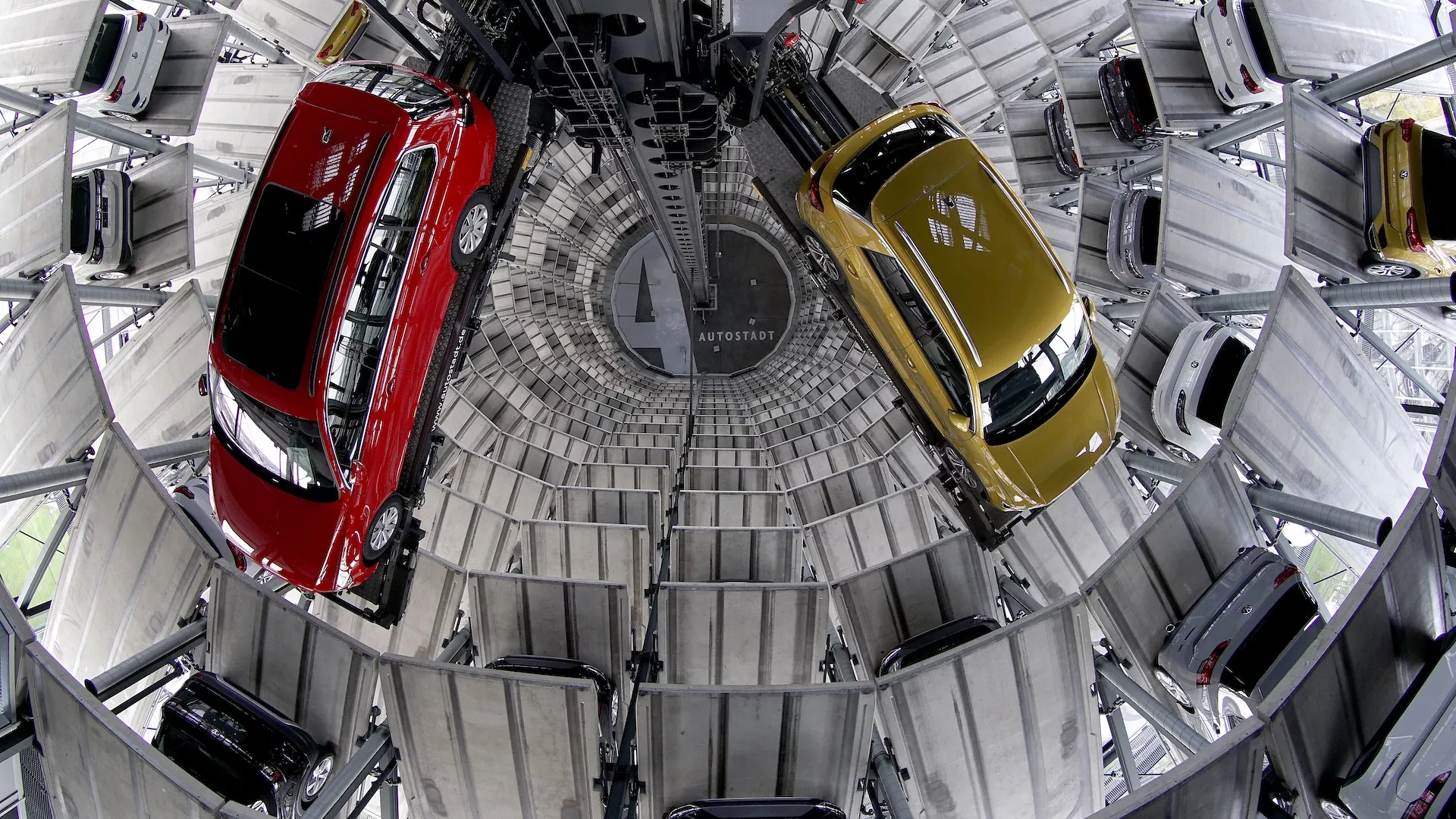European car manufacturers, including BMW, Mercedes-Benz, and Volkswagen, are experiencing sharp stock declines due to weak demand in China, increasing competition, and the high cost of electric vehicles (EVs). Investor confidence in the sector has plummeted, pushing market valuations for major automakers to near record lows.
BMW’s shares fell by 11.2% on Tuesday, the largest single-day drop for the company since March 2020, following a profit warning. The automaker revised its 2024 outlook, lowering its automotive EBIT margin forecast to 6-7%, down from 8-10%, citing weak demand in China, one of its key markets. As a result, BMW’s market capitalization has fallen to €43.8 billion, with shares now trading at just four times forecasted 12-month earnings.
European Automakers Face Crisis-Like Valuations
BMW’s situation is not unique. Other major European automakers, such as Stellantis, Porsche, and Volkswagen, have seen similar declines. Five of the six largest European carmakers have lost significant market value in 2023, with Stellantis and BMW being the hardest hit, both losing over 30% of their market value. Only Renault has posted a modest 3% year-to-date rise, though it, too, faces challenges.
Volkswagen recently announced production cuts in Germany, marking the first factory closures in the country since 1938. The company now trades at just three times expected earnings, the lowest in its history. Despite its iconic status, Volkswagen’s market struggles reflect the broader challenges facing European automakers.
The combined market valuation of Europe’s six largest car manufacturers now stands at €260 billion—less than half of Tesla’s market value.
Falling Sales and Slowing EV Adoption
New car sales across Europe have been falling, with double-digit declines recorded in major markets such as France, Germany, Italy, and Spain. According to Goldman Sachs analyst George Galliers, the annualized sales rate for these nations fell by 16.7% in August 2024, reflecting the tough economic environment in Europe, which is being impacted by rising inflation, political uncertainties, and higher interest rates.
Electric vehicle sales, once seen as a bright spot for the industry, are also under pressure. EVs remain approximately 20% more expensive than traditional internal combustion engine (ICE) vehicles, despite lower running costs and government subsidies. The higher upfront cost and faster depreciation of older EV models have discouraged broader adoption, particularly in key markets like Germany and France.
Challenges Facing German Carmakers
Germany, which forms the backbone of Europe’s car market, has been particularly hard-hit. German car manufacturers are losing market share to competitors from China, according to Dr. Cyrus de la Rubia, chief economist at Hamburg Commercial Bank. This trend shows no sign of reversing and is expected to continue eroding Germany’s competitiveness in the global market.
European automakers are also struggling to maintain their market share in the battery-electric vehicle (BEV) sector. Stellantis, Volkswagen, and Mercedes-Benz all saw significant declines in market share in 2024, according to Bank of America’s Global EV Tracker. Stellantis’ market share fell from 4.0% to 2.7%, Volkswagen’s from 7.5% to 6.6%, and Mercedes-Benz’s from 1.9%.
Looking Ahead
With rising costs, weakening demand in China, and growing competition from Asian manufacturers, European automakers face significant challenges ahead. While automakers such as BMW, Mercedes-Benz, and Volkswagen continue to innovate, especially in the electric vehicle space, market conditions and investor sentiment remain bleak. It will take concerted efforts across the industry to regain market confidence and adapt to the shifting global landscape



